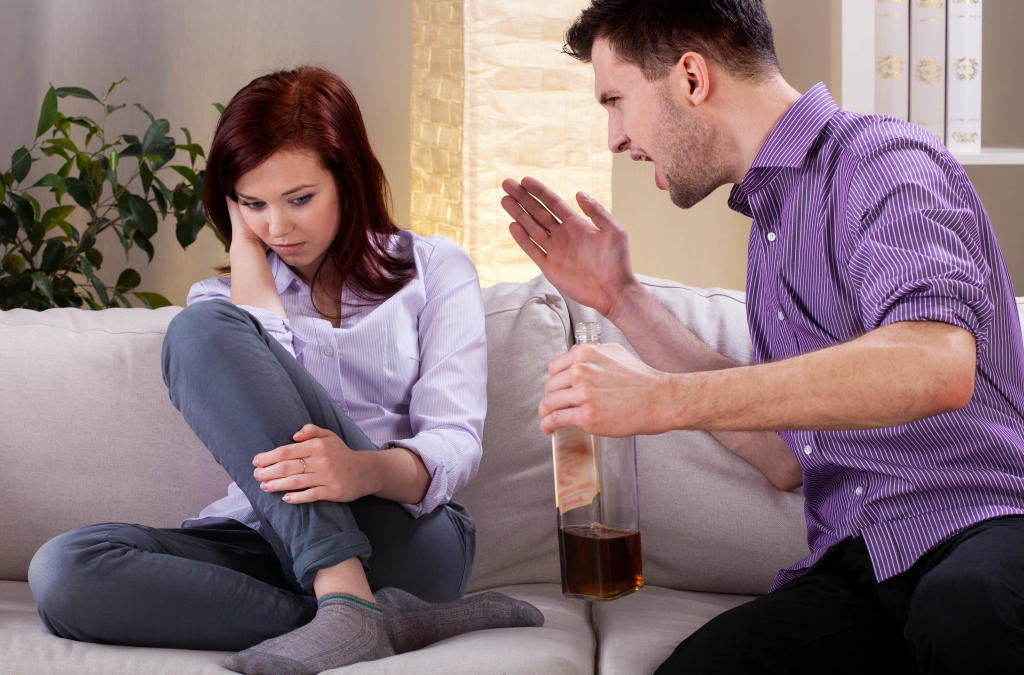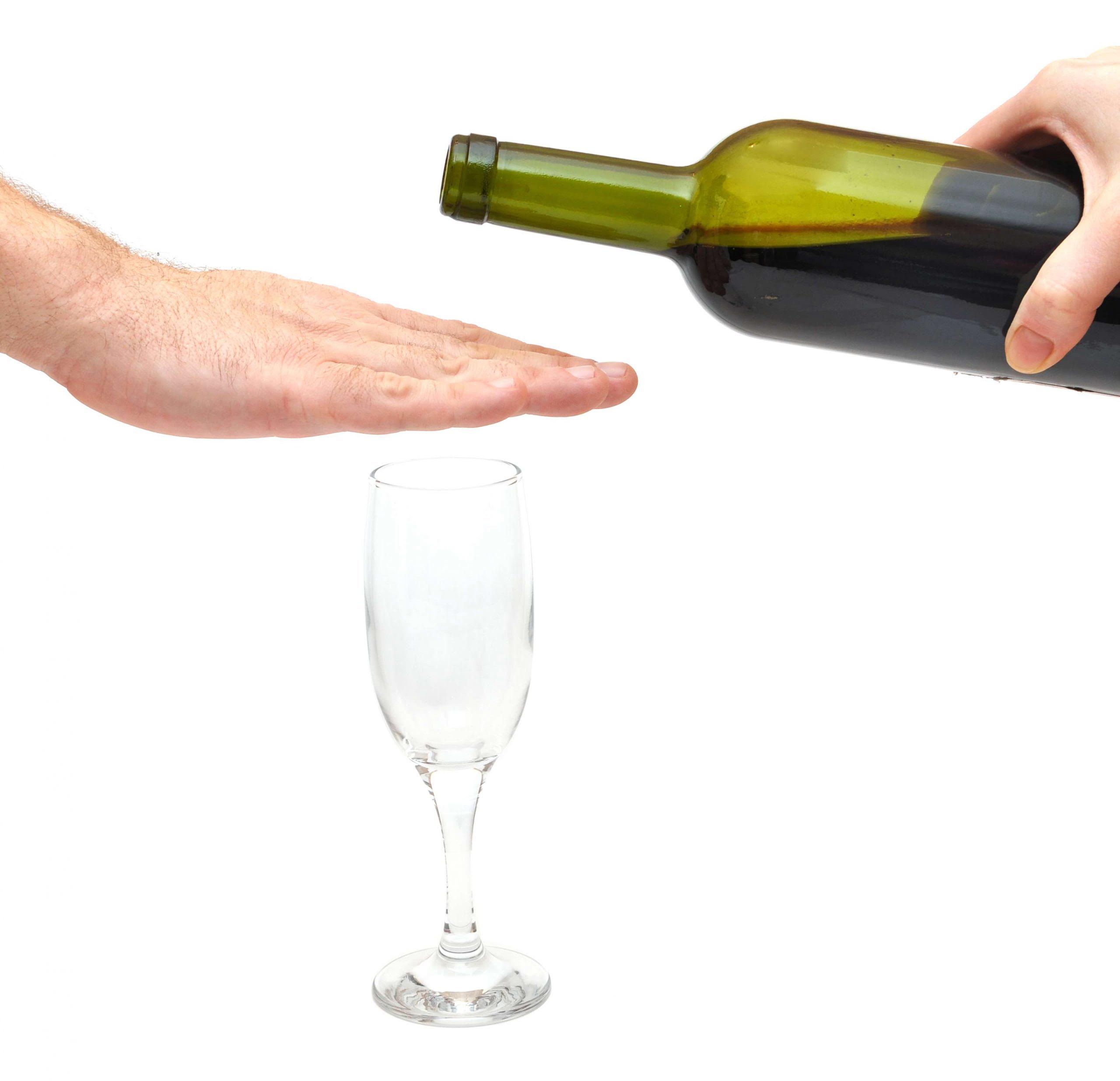As we enter into addiction recovery and move down the path toward sobriety, it is natural to feel a bit better about oneself. After all, you’re finally taking pro-active and positive steps to improve your life. We will have to develop a richer definition of self-esteem than how we feel about ourselves. Perhaps a broader concept would be to look at the value we place on ourselves emotionally, spiritually, and physically.
- Many people in early recovery have a difficult time with relationships with other people.
- Sometimes though, the old feelings and thinking can re-occur.
- Moreover, consider whether relationships that are not supportive of your priorities deserve your time and energy.
- When you enter sobriety, it may be difficult for you to be mindful of your emotions, treat yourself with kindness, and eliminate negative self-talk, on top of avoiding substances.
- Professional addiction treatment can help reduce use and maintain abstinence, but it can also improve relationships.
- Relapse can be a setback in relationships, but it doesn’t have to be the end.
It requires effort, along with the strength and courage to step outside of one’s comfort zone. To have a healthy relationship with yourself, you’ll focus on your recovery and make sure you’re taking care of yourself physically, mentally, and emotionally. Having healthy, supportive relationships also improves your quality of life, and there’s a sense of support available to you when you’re struggling. Of course, all of these tasks may help improve satisfaction in the relationship, but they could also result in additional codependency and enabling. Too often, people want their romantic relationships to endure at all costs, so they will suppress their own needs and feelings to maintain calm and limit conflict. People tend to like you more if you’re honest and pleasant.
Overcoming Challenges in Building and Maintaining Relationships
Engaging in toxic relationships can create feelings of frustration, unnecessary stress, and conflict. These feelings can lead of increased use of alcohol and substance abuse. Building healthy relationships in recovery is one of the more difficult parts of your journey. You may be trying to repair damaged relationships or navigating the world of relationships without the crutch of drugs or alcohol. Maintaining healthy relationships requires establishing and respecting boundaries.
- With enabling, the person also takes responsibility for the other person’s actions, which inadvertently rewards the person’s unwanted behaviors.
- Taking steps to improve your self-esteem will also put you in a better position to take control of your life back.
- If not, give your loved one time to process the information and wait until they’re ready to connect with you.
- As individuals, we are constantly evolving, and it’s important to encourage the growth of both ourselves and our loved ones.
- Be assertive without attacking the other person by sharing what’s on your mind.
Living with active addiction creates extraordinary relationship challenges and does considerable damage to significant relationships—with partners, parents, children, and close friends. Chronic drug and alcohol abuse can damage relationships, and lead to severe emotional pain and unhealthy coping skills, such as enabling. Physical availability means your partner is not https://ecosoberhouse.com/ burdened, intertwined, or entangled with another love interest unless polyamory is your goal. Typically, when physical availability is lacking or feels off, one or both partners are trying to maintain physical closeness with more than one love interest. While this may seem exciting and workable at first, it generally turns out to be too demanding and exhausting.
Continued Growth and Learning
If there are moments where you struggle with low self-esteem, don’t let the other person step all over you. Be assertive without attacking the other person by sharing what’s on your mind. Effective communication strategies can be learned, even if they were not something you practiced while using substances. Substance abuse and addiction can lead to misunderstandings, poor communication, personality changes, social detachment, emotional numbing, and dishonesty. These changes can shatter trust and create a lot of negative emotional experiences in your relationships. Healthy relationships benefit us by providing security, joy, and partnership in our lives.

These changes can damage the sense of closeness in relationships. During times of active substance abuse, there are usually fewer positive interactions with loved ones. This magnifies the impact on relationships—there are more negative experiences and fewer positive experiences in relationships. If an individual already has pre-existing conditions relationships in recovery like depression, bipolar disorder, and anxiety, unhealthy relationships can worsen the symptoms. Once the symptoms become worse, individuals may self-medicate and turn to substance abuse for support. Healthy relationships can help individuals struggling with addiction to avoid negative attachments to people who bring out the worst in them.
When Repairing the Relationship is Simply Not Enough
If nothing else, written goals help keep us grounded when life gets challenging. A concept closely tied into codependency in recovery is enabling. With enabling, the person also takes responsibility for the other person’s actions, which inadvertently rewards the person’s unwanted behaviors. In the case of an addicted man and his codependent or enabling partner, the partner may call his work to report him sick when he is too hungover to go in. This enabling behavior leads to short-term comfort but long-term problems. In codependency, people share the responsibility for the other person’s feelings and actions.
